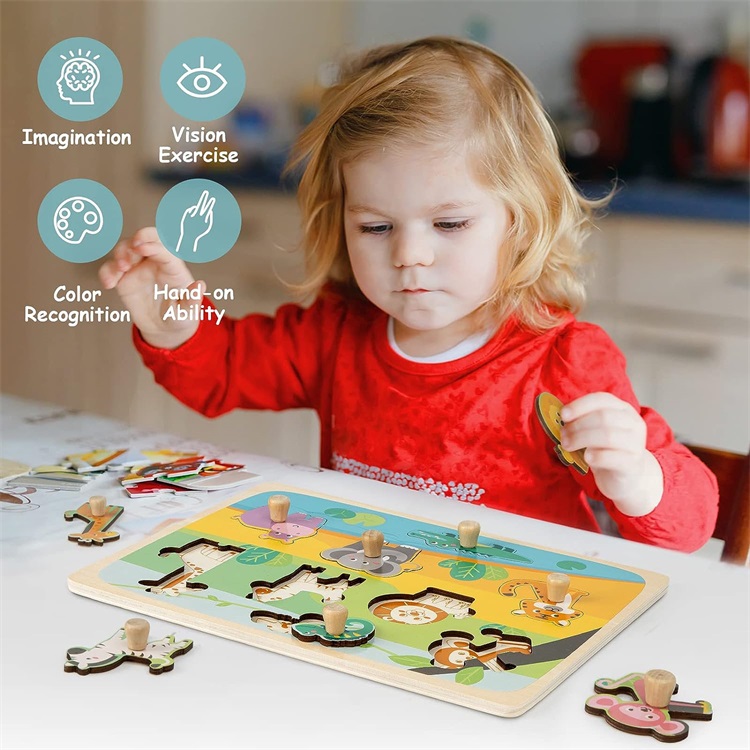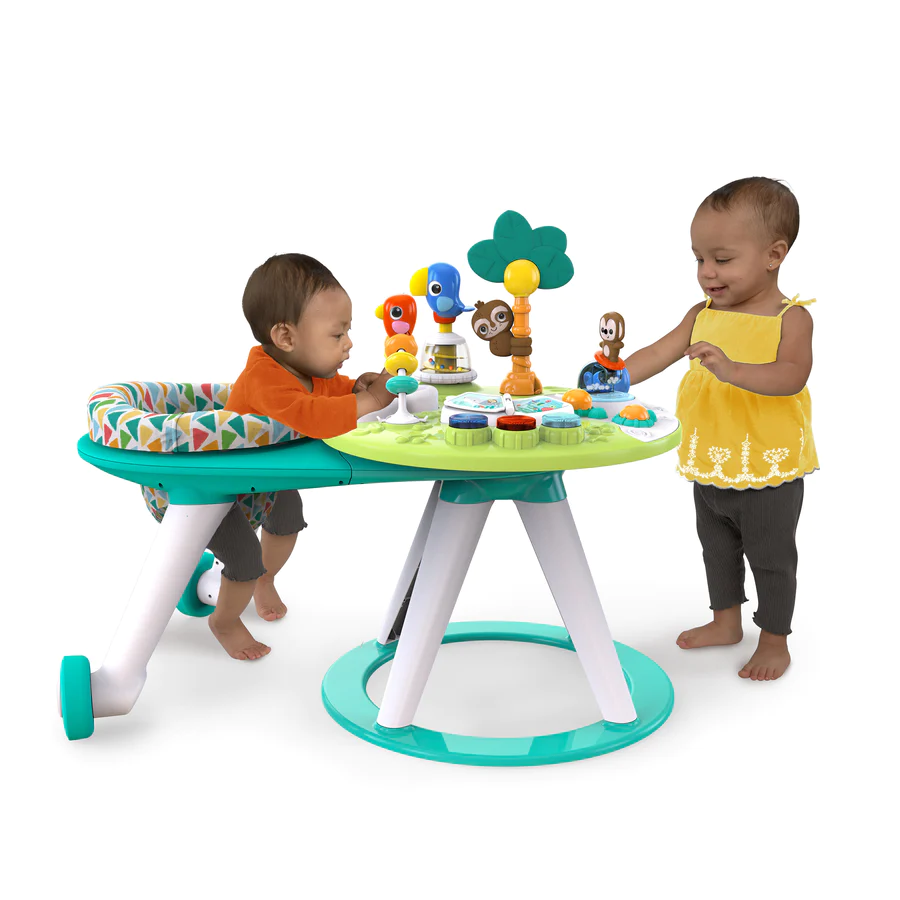Managing Separation Anxiety: Helping Babies Cope and Thrive
Separation anxiety is a common developmental phase that babies go through, typically starting around 6 to 8 months of age. It is a normal part of their emotional growth, but it can be challenging for both babies and parents. Understanding how to manage separation anxiety and support your baby during this stage is crucial. In this article, we will provide guidance on helping babies cope with separation anxiety, including strategies for gradual separation, creating a comforting environment, and building trust.

- Recognizing Separation Anxiety:
Understanding the signs: Separation anxiety can manifest through clinginess, crying, and distress when separated from a primary caregiver.
Age-appropriate behavior: Recognize that separation anxiety is a normal part of a baby’s emotional development during certain stages. - Gradual Separation:
Start small: Begin with short periods of separation to help your baby adjust gradually.
Practice separations: Leave your baby with a trusted caregiver or family member for brief periods, gradually increasing the duration. - Establish a Consistent Routine:
Predictability and stability: Create a consistent daily routine that includes predictable times for separation and reunification.
Transitional objects: Introduce comfort items, such as a favorite toy or blanket, that can provide reassurance during separations. - Create a Comforting Environment:
Familiar surroundings: When possible, ensure that the separation takes place in a familiar and safe environment, such as the baby’s room or a trusted caregiver’s home.
Calming activities: Engage in soothing activities before and after separations, such as cuddling, reading a book, or singing a familiar lullaby. - Build Trust and Security:
Responsive caregiving: Be attentive and responsive to your baby’s needs, providing comfort and reassurance when they are distressed.
Consistent caregivers: If possible, maintain a consistent and reliable circle of caregivers to help build trust and familiarity. - Communicate with Caregivers:
Open communication: Share information about your baby’s needs, preferences, and routines with the caregivers to ensure they can provide consistent care.
Regular check-ins: Stay in touch with caregivers to receive updates on your baby’s well-being during separations. - Be Mindful of Your Own Emotions:
Stay calm and positive: Babies are sensitive to their caregivers’ emotions. Maintaining a calm and positive demeanor can help reassure your baby during separations.
Self-care: Taking care of your own well-being is essential in managing separation anxiety. Seek support from other parents or professionals if needed.
While separation anxiety can be challenging, with patience, understanding, and consistent support, you can help your baby navigate this phase successfully. Gradual separation, creating a comforting environment, and building trust are key strategies to help babies cope with separation anxiety. Remember, each baby is unique, so it’s essential to adapt these strategies to suit your baby’s individual needs. By providing a nurturing and supportive environment, you can help your baby develop resilience and confidence as they grow and thrive.
Post a Comment
You must be logged in to post a comment.





